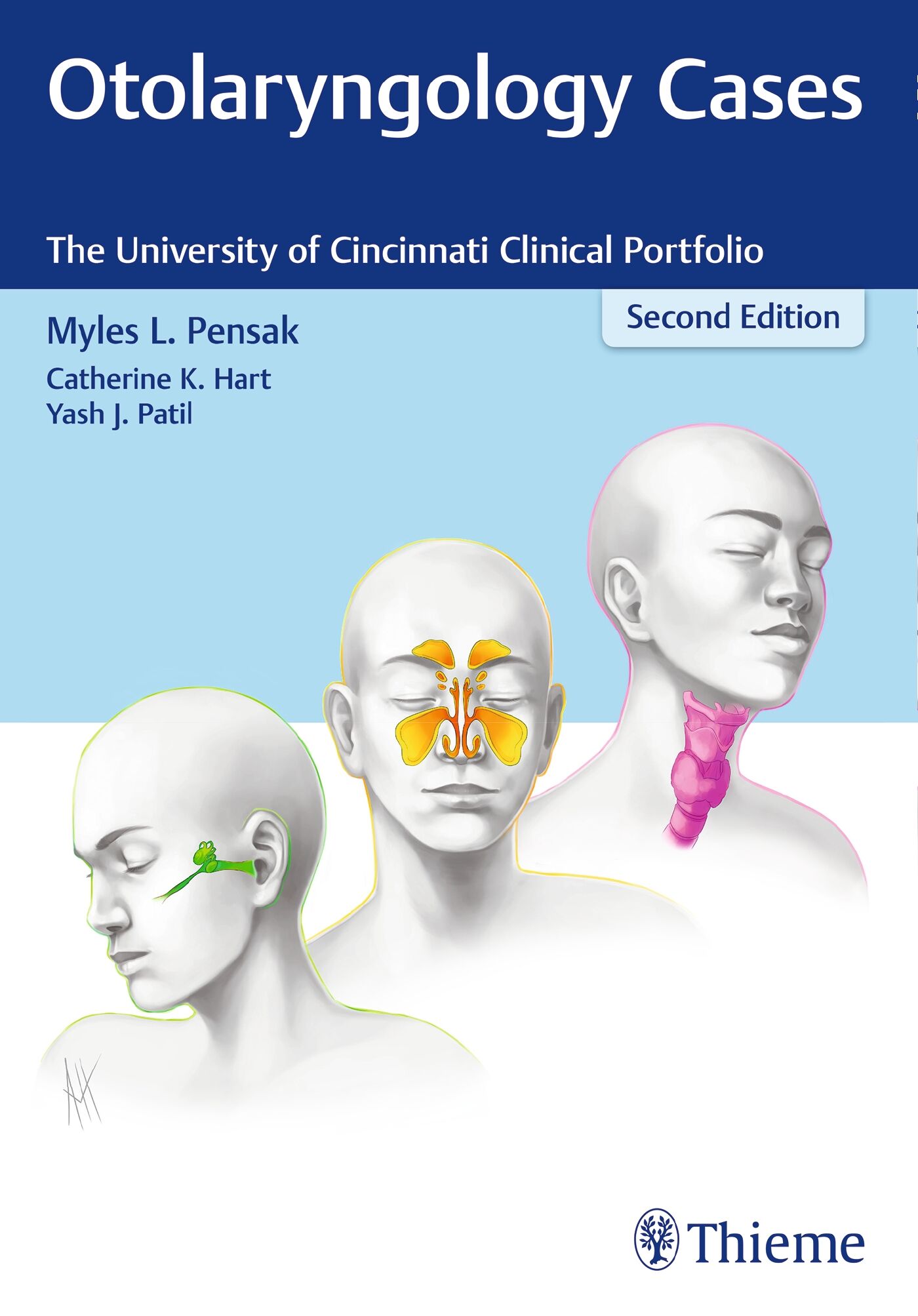Voice Disorders Got You Down? See How a Voice Specialist Can Diagnose Them
Voice Disorders Got You Down? See How a Voice Specialist Can Diagnose Them
Blog Article
Exploring the Field of Otolaryngology: What to Anticipate When You Speak With an ENT
Otolaryngology, commonly referred to as ENT, incorporates the diagnosis and treatment of ear, nose, and throat conditions. For those experiencing associated issues, getting in touch with an ENT professional can provide clearness and alleviation. Comprehending what to expect throughout such consultations is vital for efficient communication and care. This review will detail crucial facets of the ENT experience, including usual factors for visits and the processes entailed in medical diagnosis and treatment.

Understanding Otolaryngology: A Summary
Otolaryngology, commonly referred to as ENT (Nose, ear, and throat) medication, is a specific branch of medication that focuses on the diagnosis and treatment of problems affecting these vital locations of the human body. This field includes a variety of conditions, including those pertaining to hearing, equilibrium, respiratory system function, and speech. Otolaryngologists are educated to manage both medical and surgical treatments, making use of innovative strategies and technologies. Their proficiency prolongs past typical disorders, attending to problems such as allergies, sinus infections, and hearing loss. Additionally, they play an important duty in the administration of head and neck cancers, providing thorough treatment tailored to specific client needs. Generally, otolaryngology continues to be vital for keeping health and wellness and lifestyle in afflicted individuals.
Typical Factors to See an ENT Professional
Lots of people look for the expertise of an ENT expert for a variety of reasons, reflecting the diverse nature of problems that impact the nose, throat, and ear. Common problems include chronic sinus problems, which usually causes consistent nasal congestion and facial discomfort. Allergic reactions and their linked signs and symptoms, such as sneezing and itching, also motivate visits to these specialists (Voice). Hearing loss, whether unexpected or steady, is another considerable factor for assessment. Furthermore, individuals may look for evaluation for throat disorders, consisting of relentless hoarseness or swallowing problems. Sleep apnea, identified by cut off breathing during rest, is often attended to by ENT experts too. Each of these problems highlights the importance of specialized care in managing intricate ENT-related health concerns
Preparing for Your ENT Visit
When getting ready for an ENT consultation, it is important to collect relevant information and take into consideration any type of details problems. People ought to compile an in-depth case history, including previous ear, nose, or throat problems, surgical treatments, and present medicines. Documenting symptoms-- such as period, intensity, and frequency-- can provide valuable understandings for the ENT expert. Additionally, people need to prepare a checklist of inquiries they desire to ask, making certain that all problems are resolved throughout the see. Bringing along any appropriate medical records or examination outcomes can further help the ENT in comprehending the individual's condition. Finally, clients ought to validate their appointment details, including time, area, and date, to minimize any final complication. Correct prep work can improve the performance of the examination and bring about better end results.
What to Anticipate Throughout the Assessment
As the assessment begins, the patient can anticipate to participate in a comprehensive conversation with the ENT professional about their signs and case history. The professional will ask regarding the period, frequency, and seriousness of symptoms such as hearing loss, nasal blockage, or aching throat. In addition, the patient's previous clinical conditions, medicines, and any type of pertinent family members history will be examined, helping the professional in forming a complete understanding of the individual's wellness. The ENT may additionally inquire about way of living aspects, such as direct exposure to toxic irritants or irritants. This open discussion establishes a foundation for the consultation, making certain that the individual's issues are resolved and establishing the stage for any kind of required evaluations or suggestions for treatment.
Diagnostic Examinations and Treatments in Otolaryngology
A series of diagnostic tests and treatments are vital in otolaryngology to properly examine and detect conditions affecting the ear, throat, and nose. Typical examinations consist of audiometry, which measures hearing function, and tympanometry, evaluating center ear pressure. Nasal endoscopy enables visualization of the nasal flows and sinuses, while laryngoscopy checks out the throat and vocal cables. Imaging methods, such as CT scans and MRIs, provide thorough views of head and neck structures. Allergic reaction testing might additionally be conducted to determine triggers for sinus or respiratory system concerns. These diagnostic devices allow ENT experts to establish a thorough understanding of individuals' conditions, guaranteeing customized and efficient administration plans. Correct medical diagnosis is crucial for successful therapy end results in otolaryngology.
Therapy Options Provided by ENT Specialists
ENT professionals supply a range of resource treatment alternatives customized to resolve certain conditions impacting the ear, throat, and nose. These treatments vary from conservative methods, such as medicine and way of living modifications, to even more intrusive procedures. Allergies may be taken care of with antihistamines or immunotherapy, while chronic sinusitis may require nasal corticosteroids or sinus surgical treatment. For hearing loss, ENT professionals frequently advise listening device or medical treatments like cochlear implants. In cases of throat disorders, choices can include speech therapy or operations to eliminate blockages. Additionally, they might provide guidance for handling sleep apnea, including the usage of CPAP devices or surgical treatments. On the whole, the goal is to boost patients' quality of life through individualized care and efficient therapy techniques.
When to Seek Follow-Up Care With an ENT
When to seek follow-up treatment with an ENT specialist is vital for handling recurring symptoms or difficulties connected to nose, ear, and throat conditions, acknowledging. Patients should take into consideration arranging a follow-up appointment if signs and symptoms continue regardless of preliminary treatment, such as chronic ear discomfort, nasal blockage, or throat discomfort. Changes in hearing, balance issues, or uncommon nasal discharge may also require more analysis. Additionally, if a person experiences negative effects from suggested medications or has actually undertaken a surgical treatment, follow-up treatment is essential to monitor recovery and address any worries. Prompt appointments can assure effective monitoring of conditions, protect against potential problems, and give peace of mind relating to one's wellness. Looking for follow-up care promotes proactive wellness management in otolaryngology.
Often Asked Inquiries

What Credentials Should I Look for in an ENT Specialist?
When looking for an ENT specialist, one ought to seek board accreditation, appropriate experience, and strong individual evaluations. Additionally, effective interaction skills and a thoughtful technique can considerably enhance the total treatment he said experience.
Exactly how Do I Pick the Right ENT for My Requirements?
Choosing the best ENT expert includes examining their credentials, experience, and individual testimonials (Otorrinolaringologia). It is important to consider their interaction style and strategy to treatment, ensuring they align with the person's particular health requirements and preferences
Are There Any Kind Of Risks Related To ENT Procedures?
The dangers connected with ENT treatments may consist of infection, blood loss, anesthesia complications, and prospective damage to surrounding structures. People need to discuss these risks with their doctor to recognize private concerns and warranty notified choices.
How Can I Manage Anxiety Prior To My ENT Consultation?
To manage anxiousness before a consultation, people can exercise deep breathing exercises, visualize favorable end results, prepare inquiries in development, and look for support from close friends or family members, promoting a sense of reassurance and calmness.
What Should I Do if I Experience Negative Effects From Therapy?
The individual needs to promptly report them to their health care supplier if side results from therapy happen. Changes to therapy or additional treatments may be necessary to assure safety and performance in handling their condition - ENT surgery. As the assessment starts, the person can anticipate to engage in a thorough conversation with the ENT specialist about their signs and symptoms and clinical history. These diagnostic tools enable ENT professionals to develop a thorough understanding of people' problems, ensuring tailored and efficient monitoring plans. ENT professionals offer a variety of therapy alternatives customized to address particular problems affecting the throat, ear, and nose. When seeking an ENT professional, one ought to look for board accreditation, like this pertinent experience, and strong patient evaluations. Choosing the appropriate ENT professional includes examining their certifications, experience, and patient reviews
Report this page